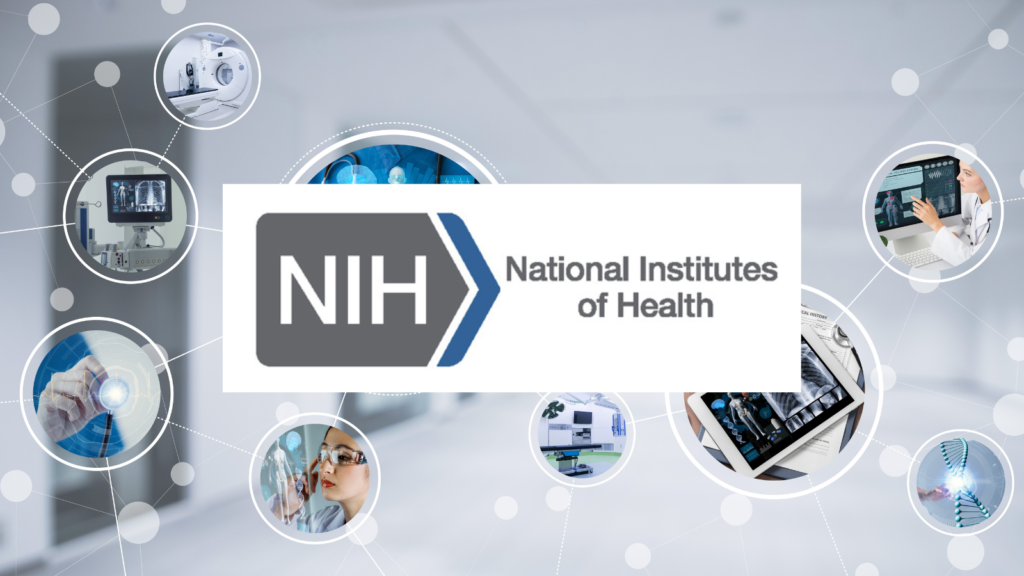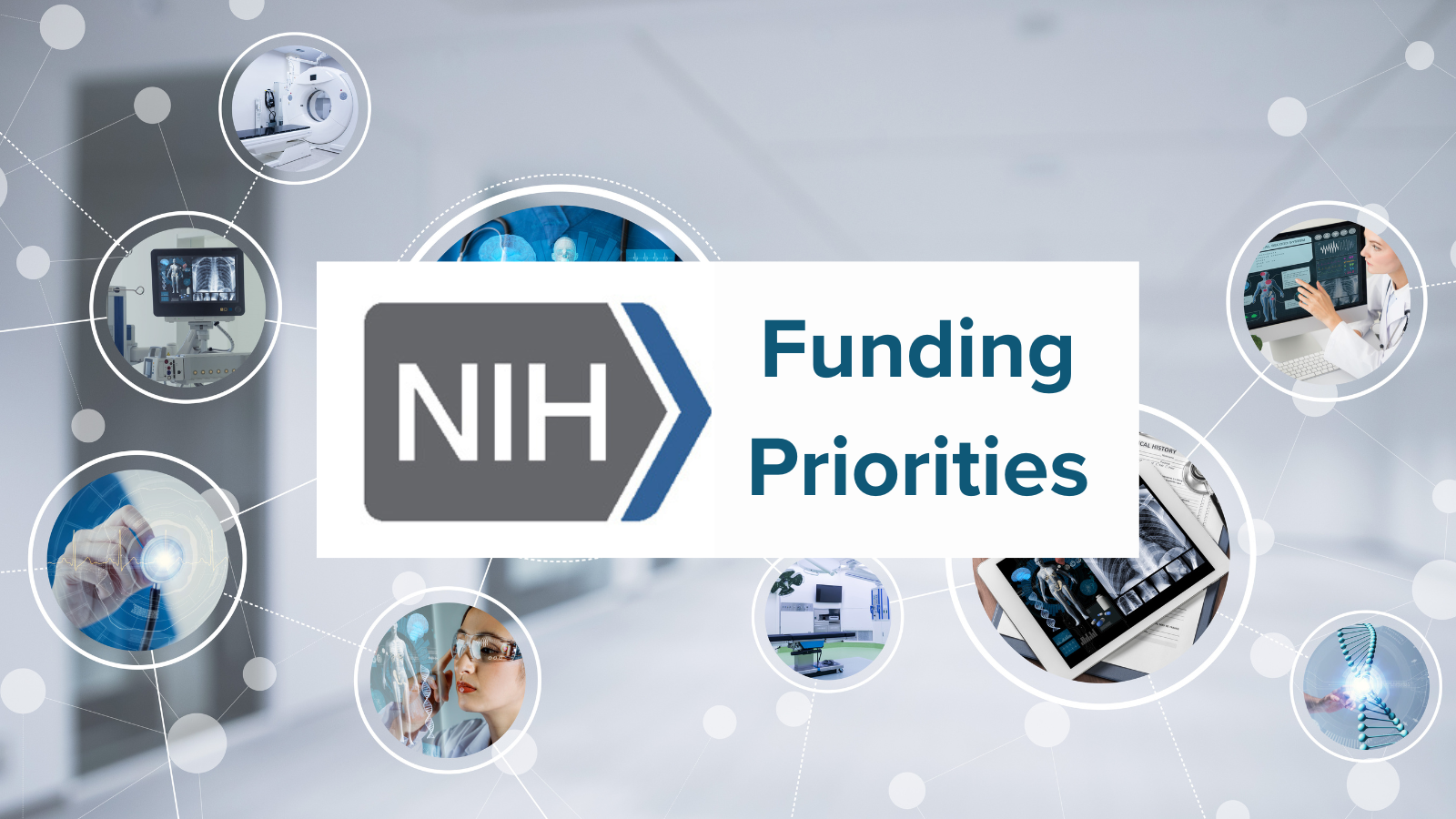Note: Ironically written by ChatGPT and edited by real humans.
CTC has become aware of a new NIH policy that affects those who use AI in grant preparation as well as those who submit large numbers of proposals in a given calendar year.
On July 17, 2025, the NIH issued Notice NOT-OD-25-132, introducing two key policies to uphold fairness and originality in grant submissions.
Curbing AI Overreach in Grant Writing
While acknowledging that AI can ease the workload of preparing research applications, the NIH cautions that rampant, AI-generated writing risks undermining the integrity of the grant process, potentially resulting in plagiarism, fabricated citations, or other misconduct. As a cornerstone of originality, NIH will not recognize applications—or even discrete sections—that are substantially developed using AI. If such AI-derived content is detected after an award has been granted, NIH may refer the case to the Office of Research Integrity, with the potential for serious enforcement actions. This could include disallowed costs, withholding of future funds, partial or full suspension, or even termination of the award.
Limiting Application Volume per Investigator
Additionally, to protect the review process from overload and ensure fair access, NIH will cap the number of applications submitted per individual Principal Investigator to six (across new, renewal, resubmission, or revision applications) per calendar year, effective for council rounds beginning September 25, 2025 and beyond. This ceiling seeks to affect only a small cohort of high-frequency submitters while maintaining review quality and taxpayer stewardship.
Why It Matters
This policy marks a decisive move by NIH to balance innovation in proposal development with the enduring values of originality and equitable competition. Investigators must now tread carefully: employ AI judiciously—only for minor, permissible tasks—and plan strategically to stay within the six-application limit. Generally, our clients don’t submit more than six NIH applications per PI in a year, but if this is something your company is bumping up against, you might need to reconsider multiple NIH applications or other strategies.

